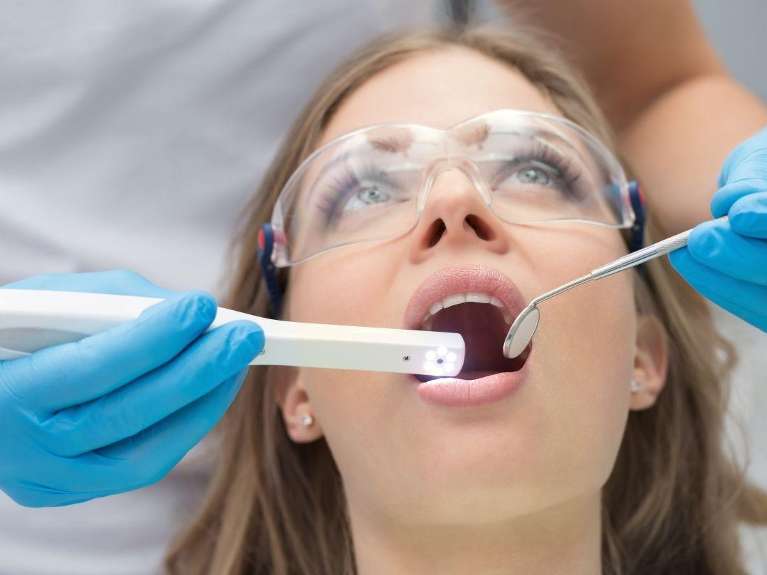Treating Periodontal Disease

How we address gum disease depends on how advanced it is and how much damage it has caused. Treating gum disease is important even in the early stage called gingivitis. As a progressive disease, delaying treatment will only allow further damage to your teeth and the bones and ligaments that support them.
Worse yet, untreated gum disease can also contribute to general health problems like heart and lung disease, stroke, dementia, and pregnancy complications.
Treating mild gum disease requires a renewed commitment to good oral hygiene habits and daily use of an antimicrobial mouthwash. Treatment for moderate-to-advanced gum disease may involve a deep cleaning known as scaling and root planing. Our hygienist removes tartar buildup from below the gumline during this treatment and smooths rough spots where bacteria gather.
If you are concerned that you might have periodontal disease, don’t hesitate to call us to schedule an appointment and provide treatment if needed.

 Brushing twice a day and flossing once using proper techniques removes a lot of plaque. However, even the most diligent brusher and flosser may have difficulty removing all the plaque, especially under the gumline. You can improve your chances of preventing gum disease with twice-yearly professional dental cleanings from a skilled dental hygienist as recommended by the American Dental Association.
Brushing twice a day and flossing once using proper techniques removes a lot of plaque. However, even the most diligent brusher and flosser may have difficulty removing all the plaque, especially under the gumline. You can improve your chances of preventing gum disease with twice-yearly professional dental cleanings from a skilled dental hygienist as recommended by the American Dental Association.
